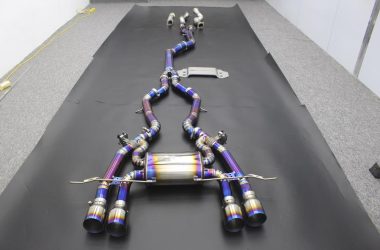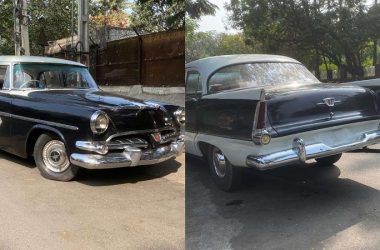New Delhi – In a significant push to strengthen its electric vehicle (EV) ecosystem, India’s Ministry of Heavy Industries has introduced a range of forward-looking initiatives aimed at reducing the nation’s reliance on fossil fuels and bolstering local manufacturing. These schemes, aligned with the government’s Atmanirbhar Bharat (Self-Reliant India) vision and the ambitious Viksit Bharat 2047 roadmap, are being rolled out nationwide, with particular attention to states like Uttar Pradesh and Maharashtra.
The centerpiece of this initiative is the PM Electric Drive Revolution in Innovative Vehicle Enhancement (PM E-DRIVE) Scheme, which was officially launched on 29 September 2024. This scheme is designed to promote electric mobility, with a focus on reducing fossil fuel dependency and fostering a sustainable transport ecosystem. With a budget allocation of Rs. 10,900 crore, the scheme will run for two years, from April 2024 to March 2026. It replaces the Electric Mobility Promotion Scheme (EMPS) 2024, which ran for six months from April to September 2024. PM E-DRIVE aims to incentivize the sale of various electric vehicles, including e-2Ws, e-3Ws, e-Trucks, e-Ambulances, and e-buses. Additionally, the initiative provides funding for the development of charging infrastructure and the upgrading of testing agencies until FY 2025-26.
Building on previous efforts, the Production Linked Incentive Scheme for Automobile and Auto Component Industry (PLI-Auto) was launched in September 2021 with a significant budget of Rs. 25,938 crore over five years. This scheme is focused on enhancing India’s manufacturing capabilities for advanced automotive technologies, particularly those related to electric vehicles and their components. More details on this initiative can be accessed through the Ministry of Heavy Industries’ official portal.
In parallel, the government introduced the Production Linked Incentive Scheme for Manufacturing Advanced Chemistry Cells (PLI-ACC) in May 2021. This scheme, with an outlay of Rs. 18,100 crore, aims to boost the domestic production of advanced chemistry cells (ACC), which are crucial for powering electric vehicles. With the goal of establishing a 50 GWh manufacturing capacity for ACC batteries, this initiative is expected to play a pivotal role in the sustainable growth of India’s electric mobility sector.
Finally, the Faster Adoption and Manufacturing of Hybrid and Electric Vehicles (FAME) Scheme, which began in 2019, continues to drive the adoption of electric vehicles. Under FAME Phase-II, the government has committed Rs. 11,500 crore over five years to encourage both the production and adoption of electric vehicles. A key feature of this scheme is the Phased Manufacturing Programme (PMP), which incentivizes the domestic production of EVs and their key components, fostering greater self-sufficiency in India’s automotive sector.
These ambitious programs reflect India’s commitment to transforming its automotive landscape and accelerating the adoption of electric vehicles, which aligns with the nation’s long-term sustainability goals. The announcement was made by the Union Minister for Heavy Industries and Steel, H.D. Kumaraswamy, in a written response to the Lok Sabha.








